Use these 17 strategies to improve family relationships with more kindness, empathy and connection and create a home where everyone feels safe, loved and wanted.
I read a great meme the other day. It said, if you want kind teenagers, teach them to be kind when they’re little and then give them 10 years of practice.
It’s only funny because it’s true.
Teaching kids to be kind is not a quick, overnight turnaround. Especially if you’ve never focused on kindness before.
But like most things, kindness is something we can teach. And when we teach kids to be kind, it drastically improves family relationships.
We don’t have to cross our fingers and hope our kids turn out to be kind.
There are strategies we can implement right now to make it happen. We go over it step by step, strategy by strategy, with every resource you’ll need in our Raising Kind Kids Club.
It’s all there, ready for you, right now.
But if you want a small preview of how to create a kind family right now and improve family relationships, try these 17 steps.
It’ll get your family moving in the right direction towards more kindness, more empathy, and more helpfulness, more often, with less reminders from you.
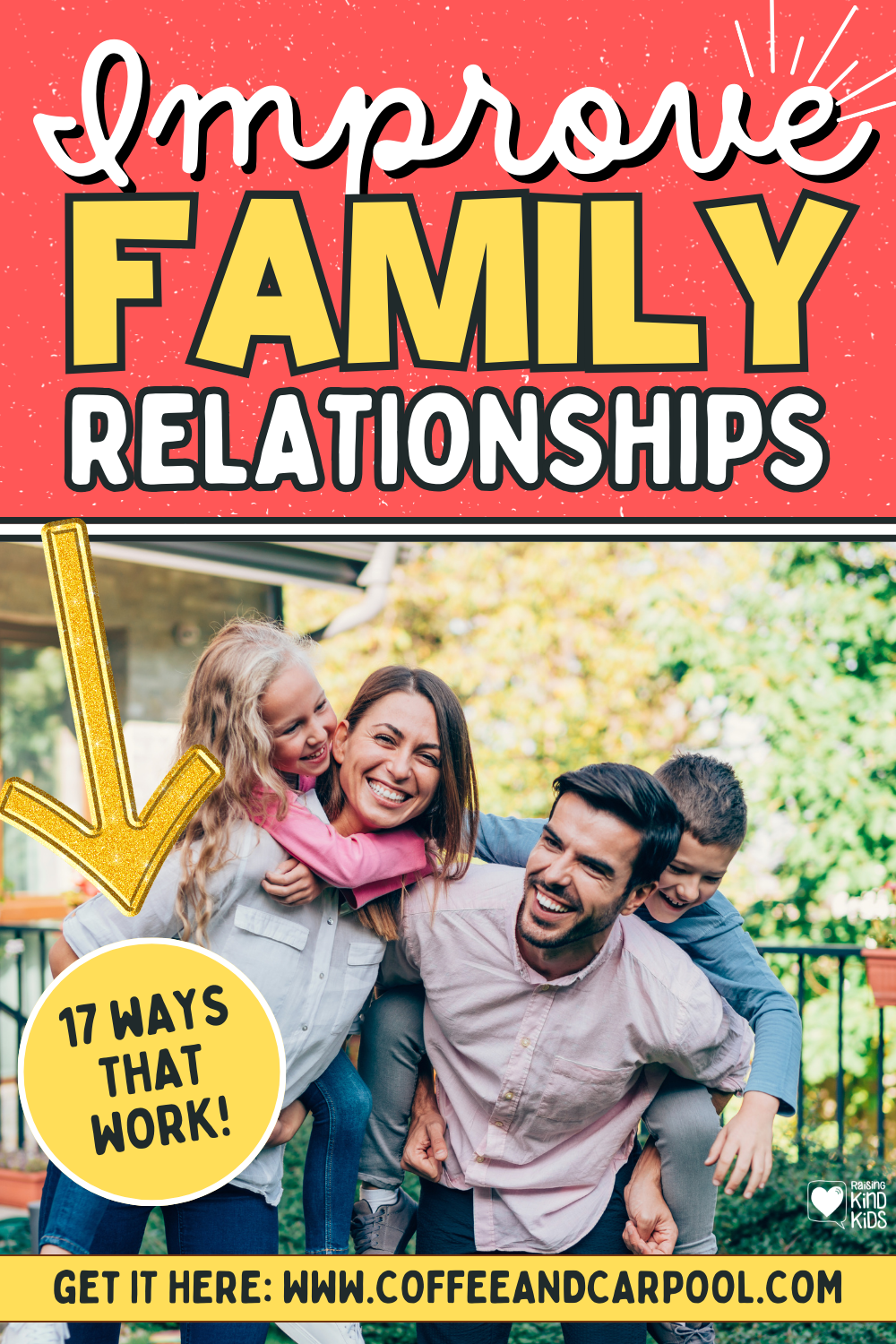
17 Things to Improve Family Relationships & Create a Kind Family Right Now:
1. Improve Family Relationships with Connection
Connection is everything.
If kids are misbehaving, connect with them.
If kids are fighting, connect with them.
If kids aren’t listening to you, connect with them.
But we have to connect in a way that’s meaningful for them. Use these Love Language-inspired Love Coupons to connect with each of your kids using “Proof of Love” Activities.
Not sure which Love Language to use with each kid? Use this Love Language “quiz” so you’re connecting with them in a way that’s most meaningful to them.
2. Get your kids to WANT to be Kind
We can’t force kindness, just like we can’t force kids to eat or sleep or potty train.
We have to get them to WANT to be kind. We have to remove the most common obstacles and set them up for success so when the chance comes, they’ll choose kindness.
We’ve got a FREE Video that walks you through 3 game changers to get kids primed and ready to be kind to their siblings.
You can get access to it here:
3. Label and praise kindness
We can praise the kid (you are a kind kid) or we can praise the behavior (that was a kind thing to do!) when we see kindness. Using positive reinforcement is a great way to encourage more kindness.
This is especially important for kids who are new to the kindness game or are really struggling to be kind to siblings or classmates.
You can use this Kindness Hole Chart to encourage more kindness and praise it every time you see it: 20 holes, they get a prize! (small toy, sticker, special food, time with you, extra play time, etc.)
Then you can wean them off of needing so much positive reinforcement when kindness has become more of a habit.
4.Improve Family Relationships When you “Ban” these 15 unkind things
If you want kind kids, you have to create a kind home environment.
A kind home environment isn’t something to wish for…you have to intentionally make it so.
We have found that by “banning” these 15 things, we can ensure more kindness and less cruelty, nasty and hurt feelings.
Not all of these 15 will resonate with you, but if you make an effort to consistently reinforce these, you will be on your way to creating a home space where everyone feels seen, heard, loved, welcomed and safe.
5. Teach them the THINK Method to Think Before they Speak
Another powerful way to help siblings avoid hurting feelings intentionally or unintentionally is to teach them the THINK method before they speak.
To teach them how to use this, you’ll have to teach them to THINK right after they say the unkind or hurtful comment so they can connect their actions (hurtful words) with other people’s emotions.
The more consistently we do this, the more likely it will become part of their inner dialogue and they will start to evaluate what they say before they say it.
6. Foster Positive, Healthy, Sibling Relationships
Raising kind kids is hard. Raising kids who are kind to their siblings is even harder. But it’s doable.
And that’s the real secret to having kind home: kids who genuinely like being with their siblings and are kind (most of the time).
We can foster positive sibling relationships and interactions in a lot of ways. In fact, it’s an entire video module in our Raising Kind Kids Club.
A few little things we can do:
Want more info on how to Raise Kind Siblings? (Or you can join The Raising Kind Kids Club and get this FREE!)
7.Improve Family Relationships and Make Being Kind One of Your Family Rules
If you want kind kids, you have to make it the expectation in your home.
Kindness is so important to us, we made it one of our only two family rules.
These are the only 2 family rules you’ll need from toddlers to teenagers.
8. Listen to each others’ boundaries and requests…especially ‘stop’ and ‘no.’
When kids set a boundary (don’t touch me, don’t take my stuff, don’t come into my room) and then feel heard, there’s less need for fighting, yelling, pushing and slamming of doors.
When siblings listen to boundaries and hear the words “stop” and “no,” and honor those requests, sibling fights are greatly diminished.
If kids are having a hard time understanding this concept, you can use our Kindness Cause and Effect to help them.
9. Create a Family Identity to Improve Family Relationships
All kids fight, all siblings fight and it’s normal.
What’s not normal is constant bickering, sibling rivalry and sibling jealousy.
One way we combat that is by putting them on the same “team.” Our team is our family.
And we intentionally make our family feel connected to each other by creating a strong family identity.
Want more info on how to create a strong family connection??
10. Don’t require sharing. Teach turn-taking instead.
We end the sharing struggles between siblings by not requiring sharing.
We are raising kind kids in a kind home, but we don’t force sharing. An adult doesn’t arbitrarily need to decide when a child’s turn is over.
So instead, we teach turn-taking.
Can I have a turn?
My turn isn’t done yet, you can have it when I’m done.
I would like a turn.
I’ll let you know when I’m done.
I’m not ready to be done yet.
I see they’re waiting for a turn. Are you almost done?
You can keep waiting for your turn or you could go play with something else while you wait.
We encourage sharing and love it when there is sharing, but we don’t force it.
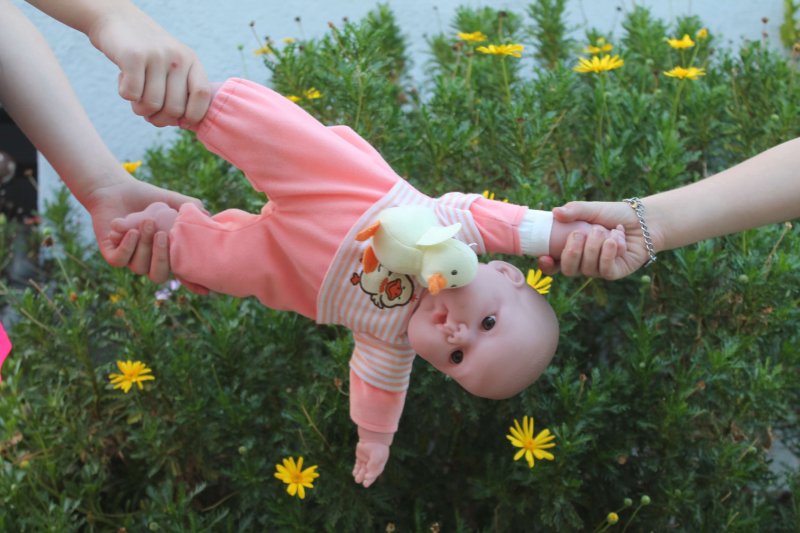
11. Teach them to be a good sport whether they win or lose.
Learning how to be a good sport when you win and a good sport when you lose is hard.
So while I never on purpose let my kids win, I often let myself lose so they can see me model how to lose graciously.
We encourage them to be good teammates when they’re playing a sport and we talk about sportsmanship a lot.
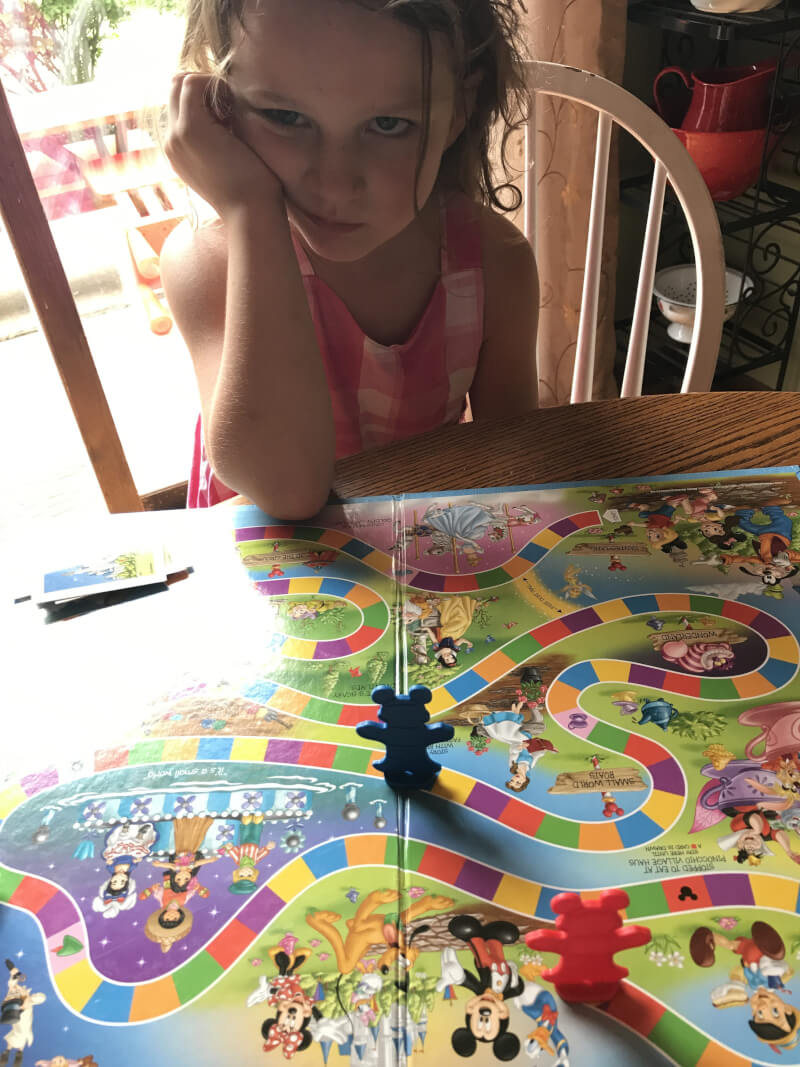
12. Start a Kindness Challenge
Kindness is a verb…it’s something you have to do. So challenge your kids to do one small kind act a day.
When you do anything over and over again, it becomes habit. And kindness is a good kind of habit to have.
To give your kids ways to practice being kind, you can use our 365 Days of Kindness Calendar:
You can give them our Monthly Kindness Challenge:
Or use our Simple, Normal, Everyday Acts of Kindness Scavenger Hunt
13. Read books about kindness together
There are so many books to read about kindness and positive sibling interactions.
You can read any of these Kindness Books but you’ll also love our Year Long Emergent Reader Bundle that intentionally focus on kindness for every month of the year.
Plus it opens up conversations about what is kind, what is not, and how they can speak and act with more kindness, more often.
14. Celebrate differences within your family and outside of your family too
Celebrating differences is a great way to focus on kindness because when differences are celebrated and appreciated, they’re not “weird.” They’re not something to be scared of or make fun of.
So celebrate how we’re different from others (and even from people in our family) and that’s what makes this world a special place.
We love using this Rainbow Colors of Me to focus on how we’re different and how we’re the same.
Or if you really want to dig in and appreciate differences, you’ll love our Celebrate our Differences Bundle.
15. Speak kindly to yourself and about yourself (and about your kids!!!)
Our kids are listening to everything we say about ourselves, even when you don’t think they are.
So when you mutter put-downs about yourself or about them, they hear them. So a gentle reminder: knock it off. Be kind to yourself. Speak kindly about yourself and about your kids. If not for you, do it for your kids who adore you.
If your kid has already started putting themselves down, to combat negative self-talk, we teach kids the Backward Golden Rule (don’t say anything about yourself you wouldn’t say to a friend or your grandma.)
We also use these Kindness Affirmations to turn negative talk into positive talk.
We don’t need toxic positivity, but when we change how we speak, we change how we feel, which will change how we think about ourselves.
16. Teach Kids to Be a Helper to Improve Family Relationships
In our house, we are helpers. So we teach kids to do chores, we expect them to offer to help when asked, and we encourage them to do it without complaining.
We want kids to know when they see someone in need, they can ask: Can I help you?
We can raise kids who go out of their way to be helpful and offer assistance to adults and other kids when needed.
Being helpful is one of the easiest ways to show kindness and we can intentionally teach kids to be helpers.
17. EncourageThem to be Includers
If being a helper is the easiest way to show kindness, being an includer is one of the hardest. But it’s the most impactful.
Teaching kids to pause what they’re doing to make sure others feel welcomed and invited and included is so powerful.
When kids are includers and they make room for others, inclusion combats loneliness, prevents bullying, improves mental health and emotional well being and helps build friendships and positive sibling relationships.
You will improve family relationships when your kids include each other in their play.
Which of these 17 strategies are you can start with first to improve family relationships with more kindness?

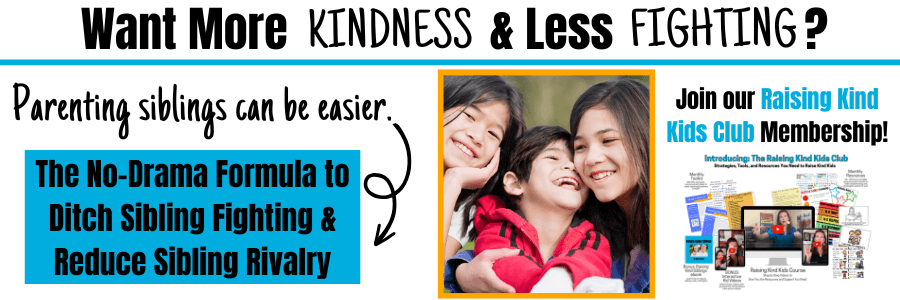
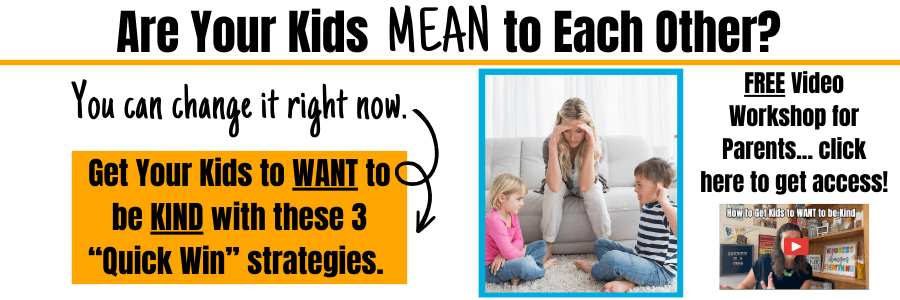
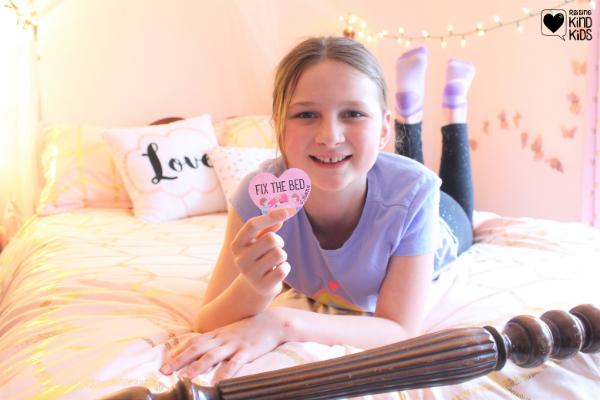
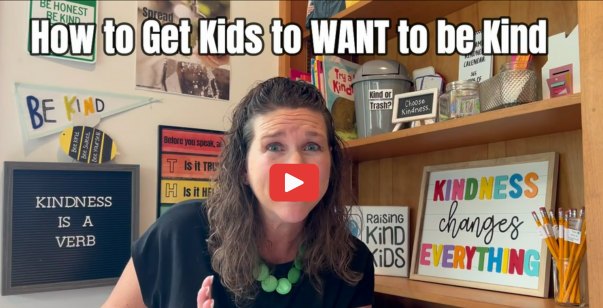
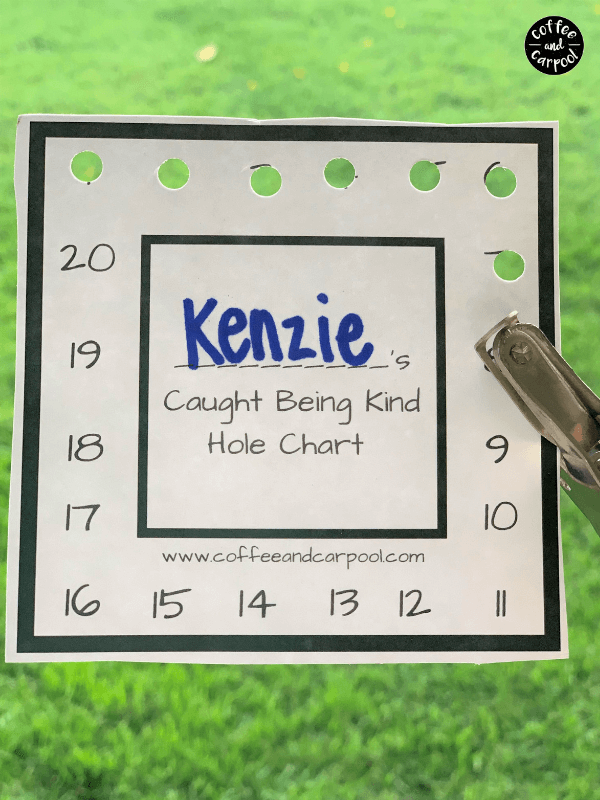
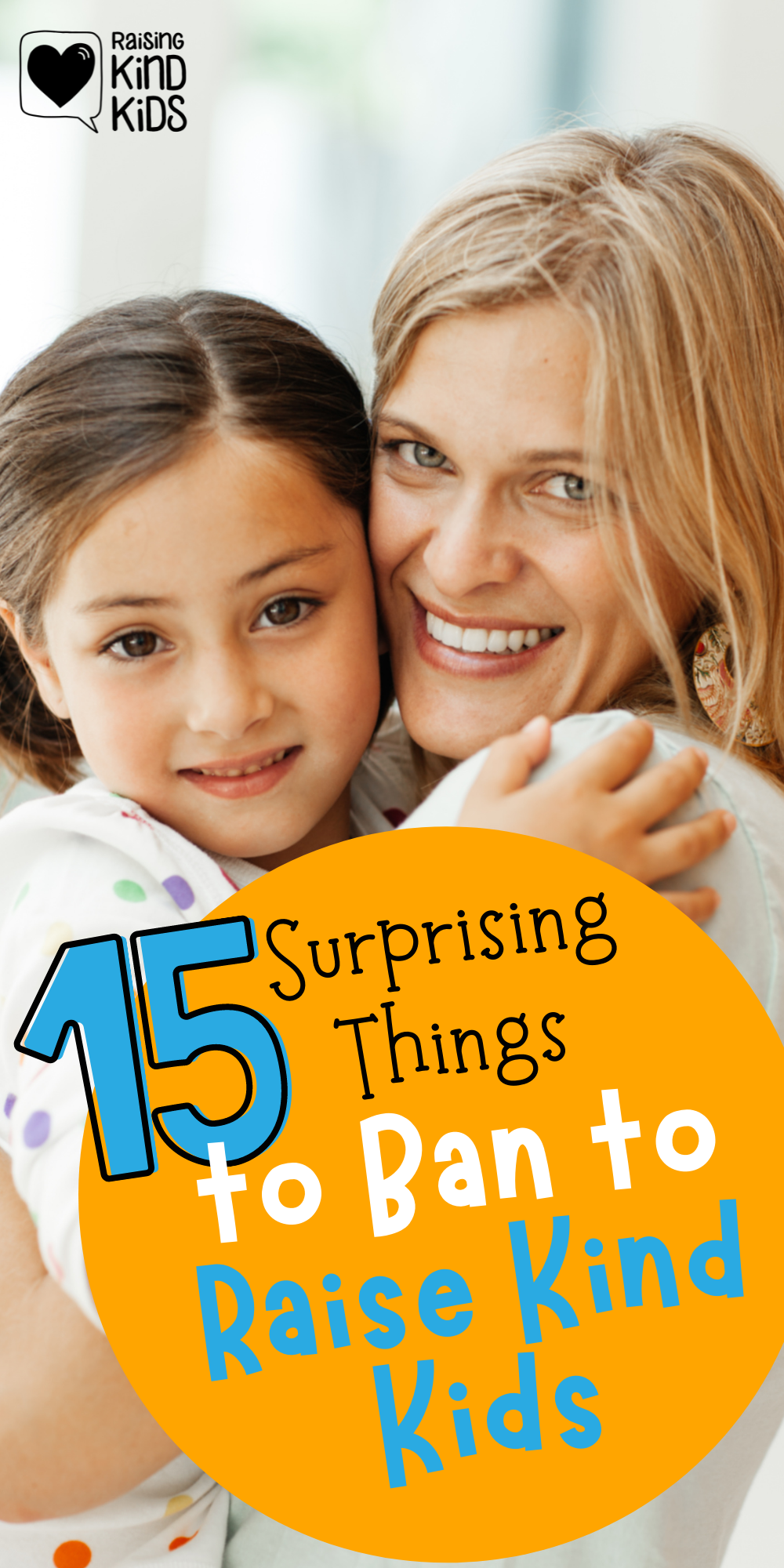
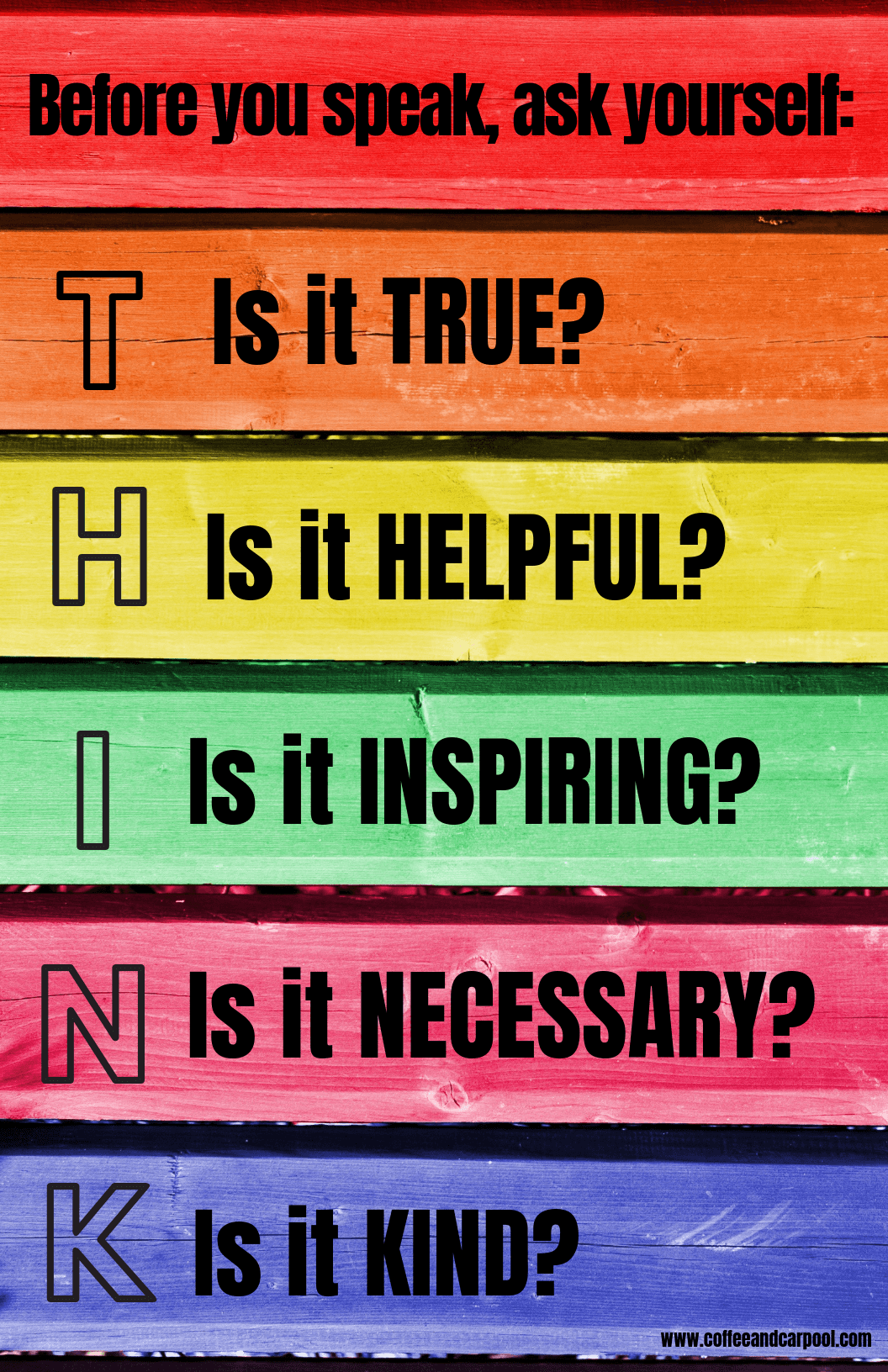
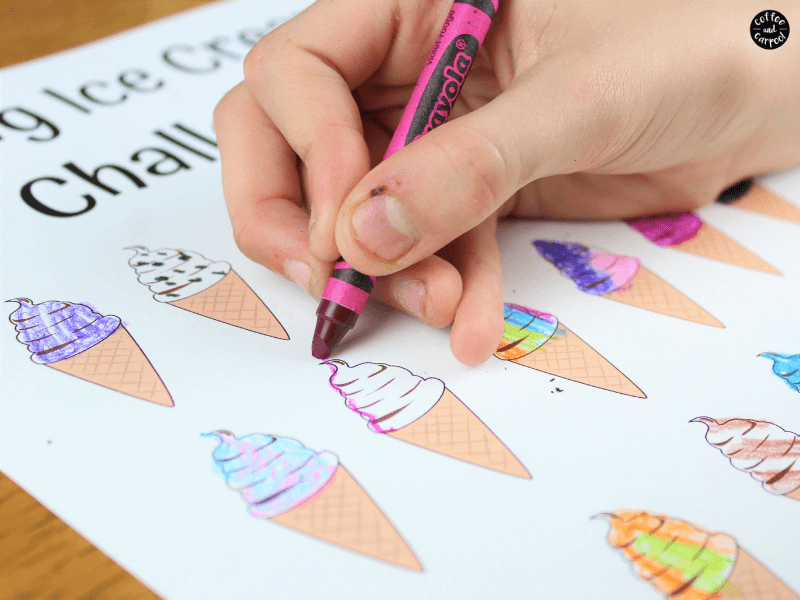
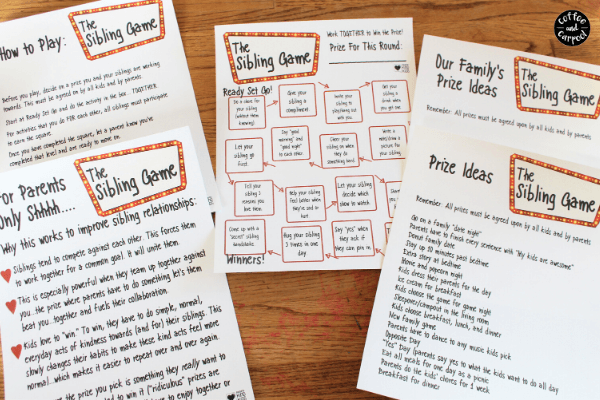
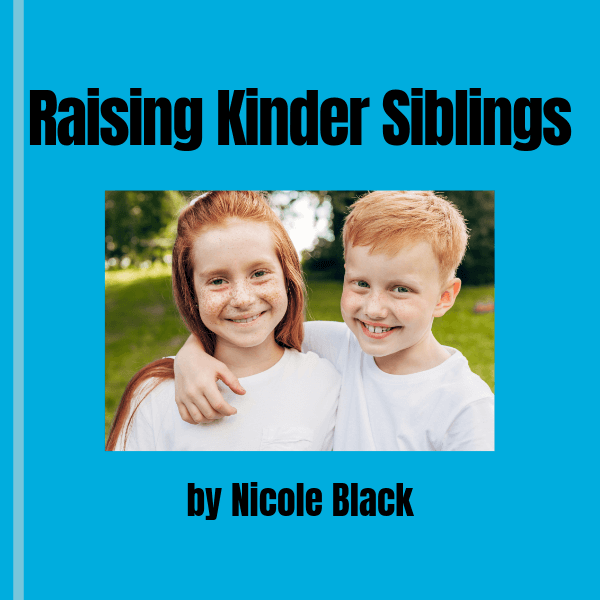
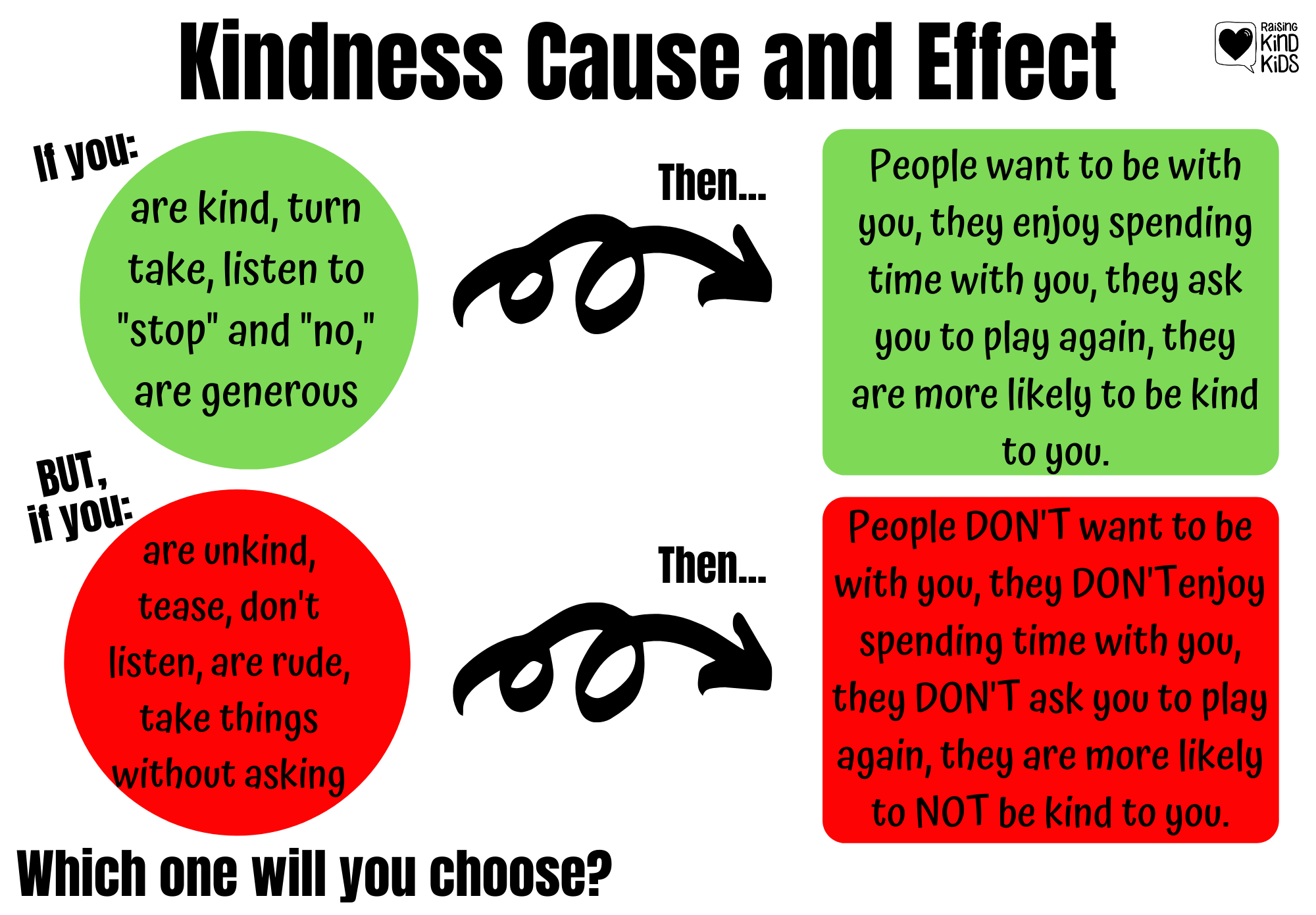
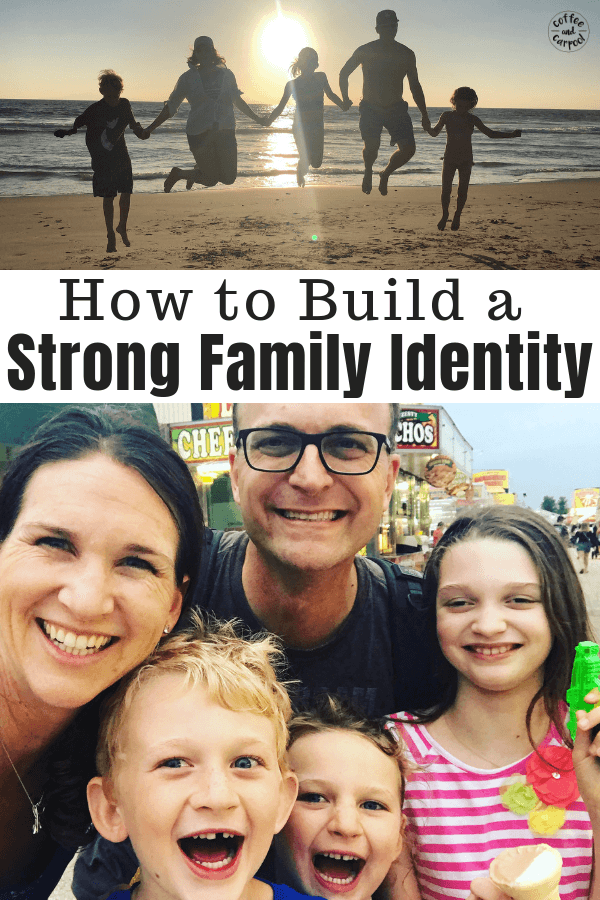
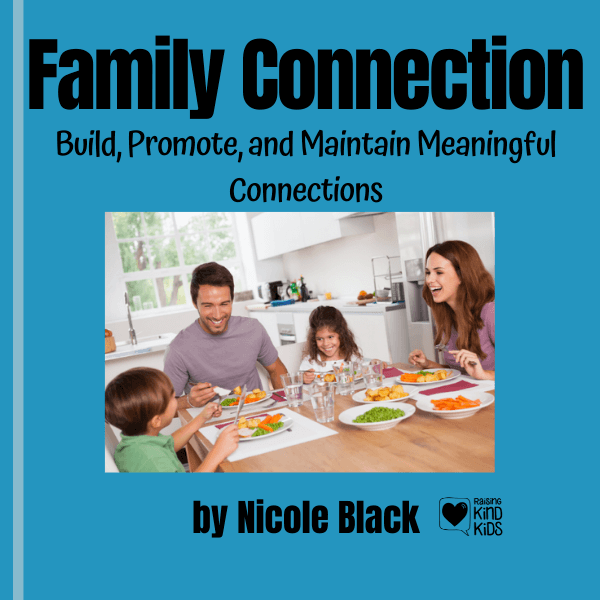
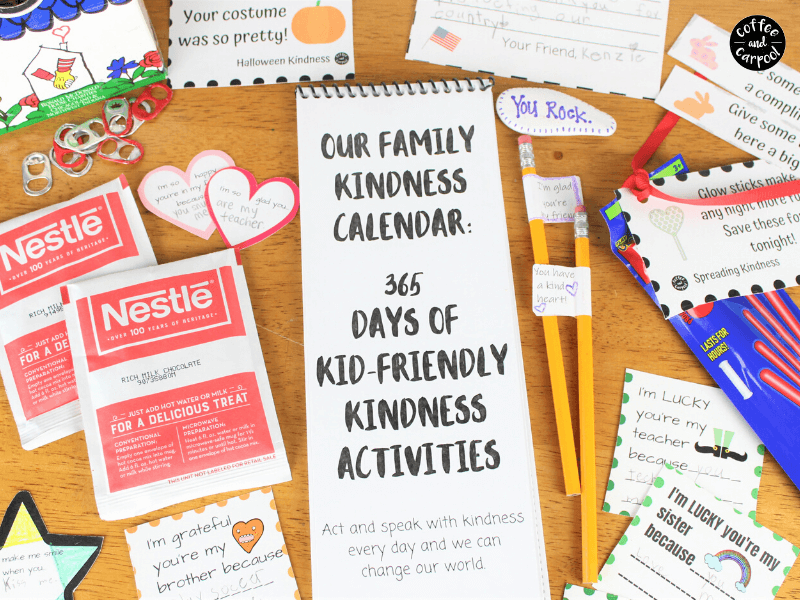
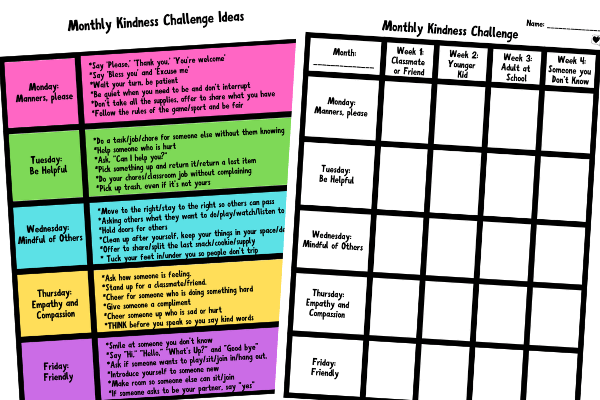

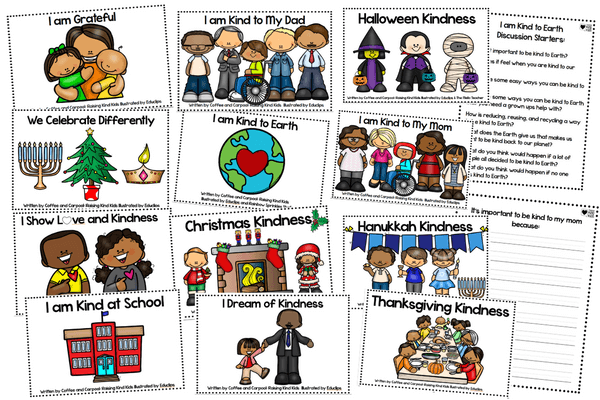
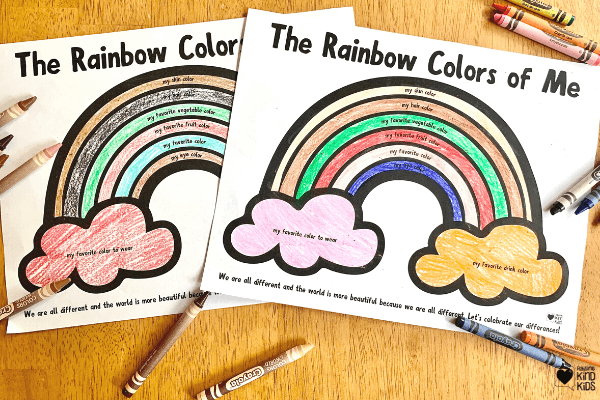
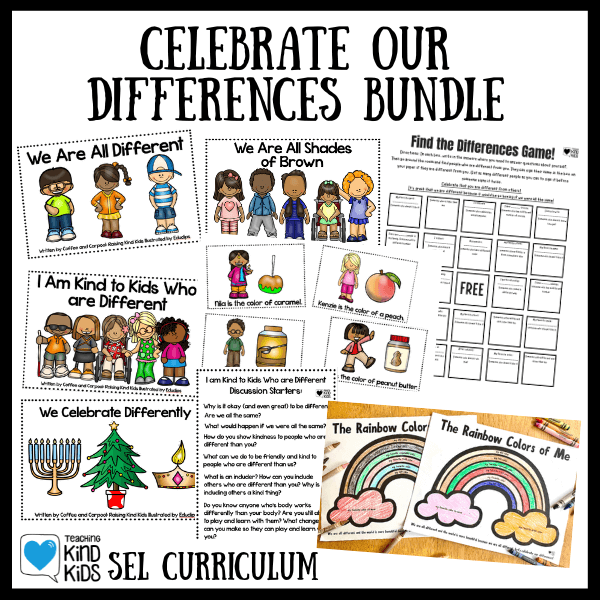
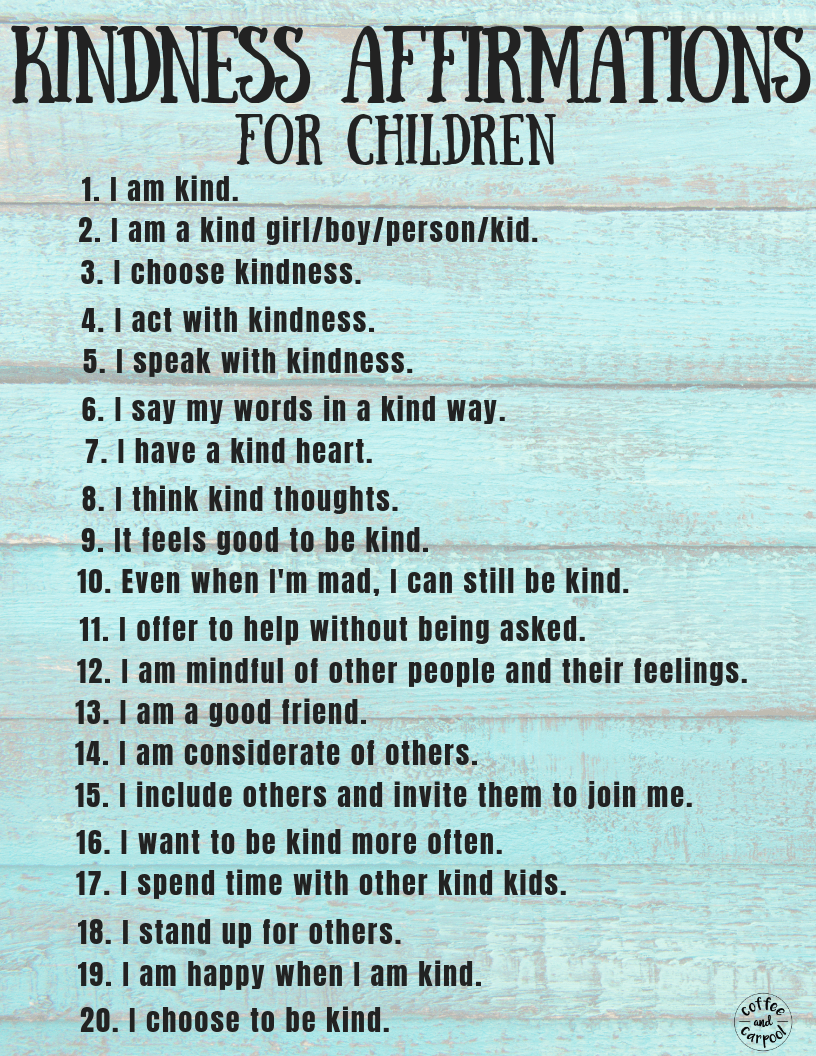
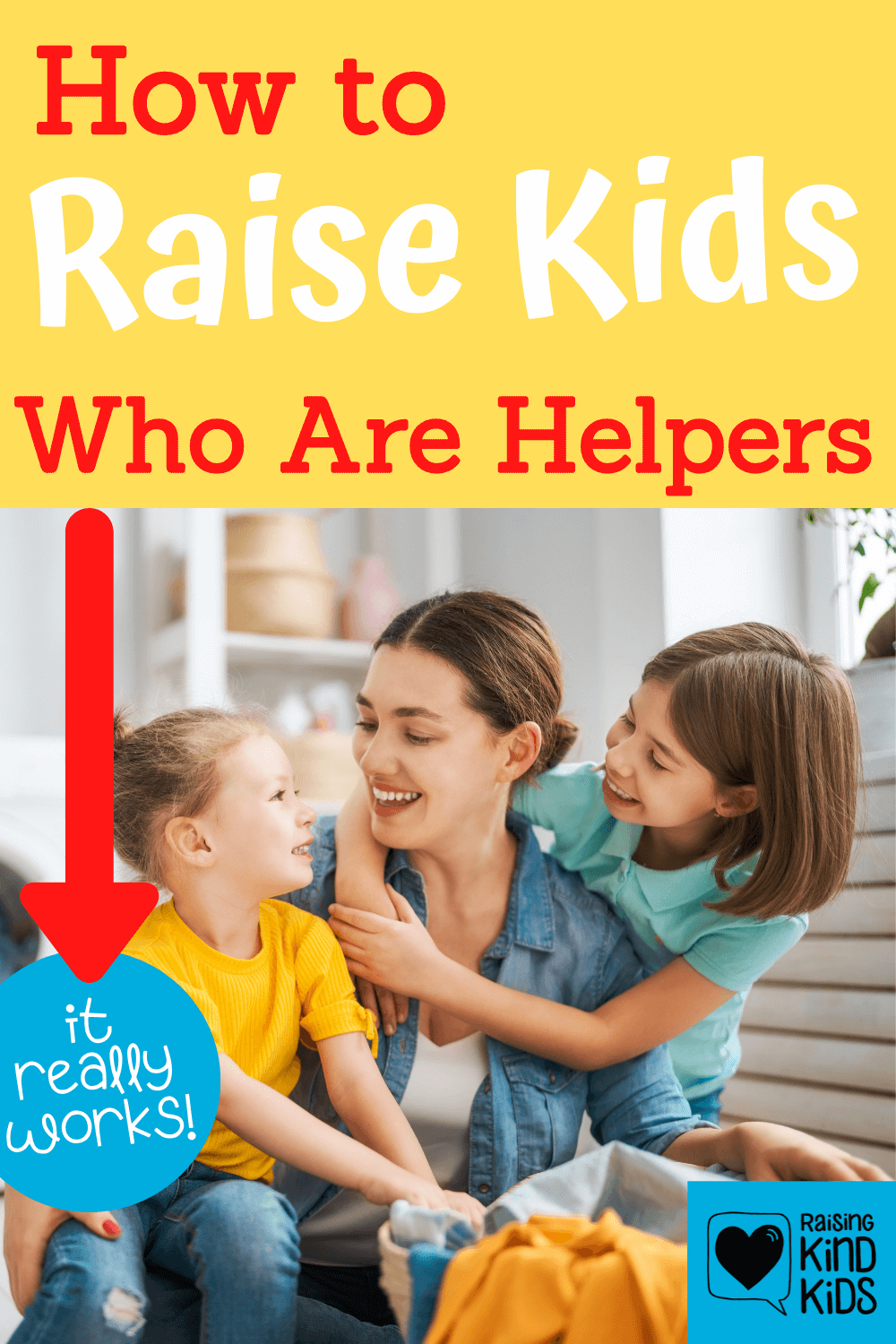
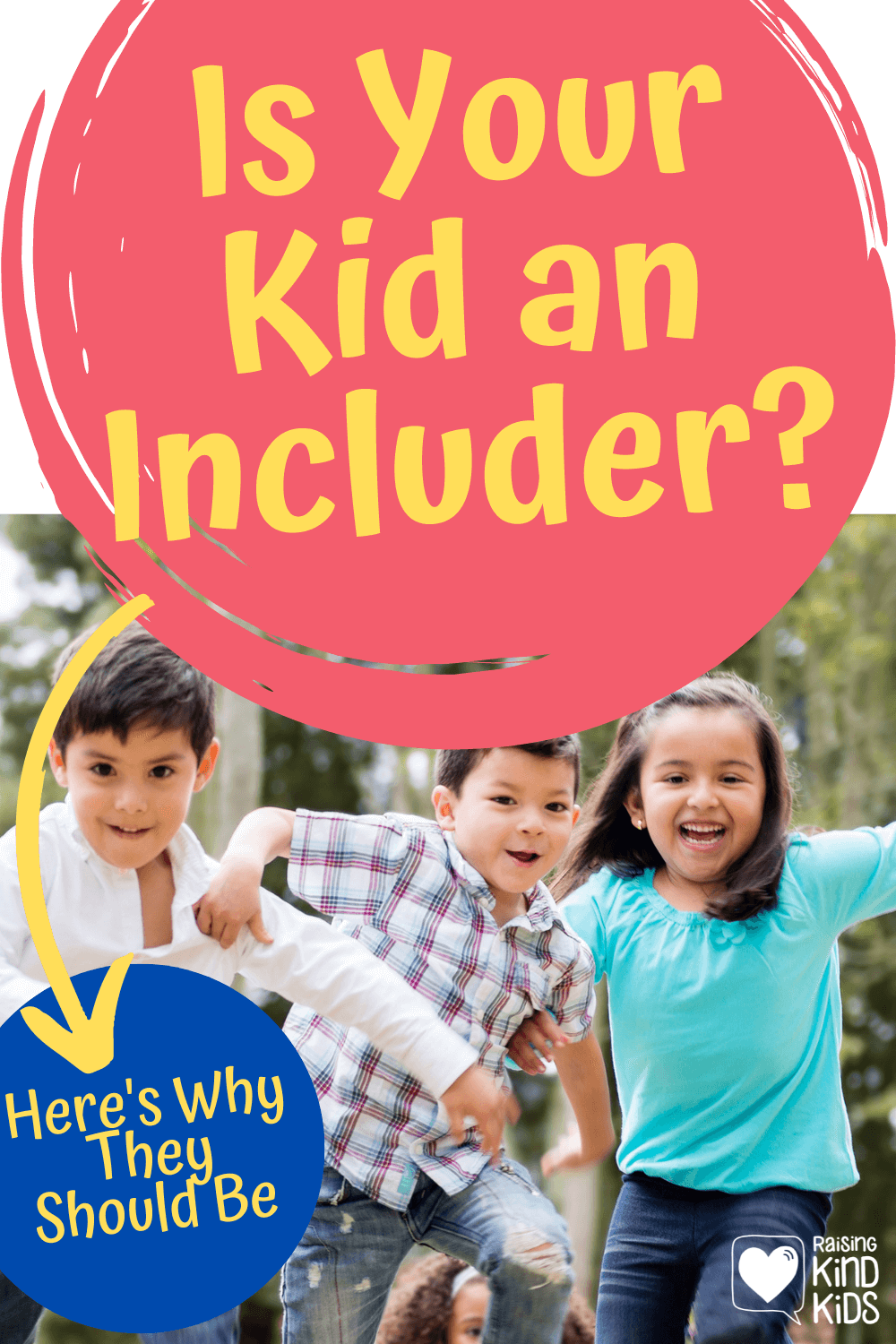
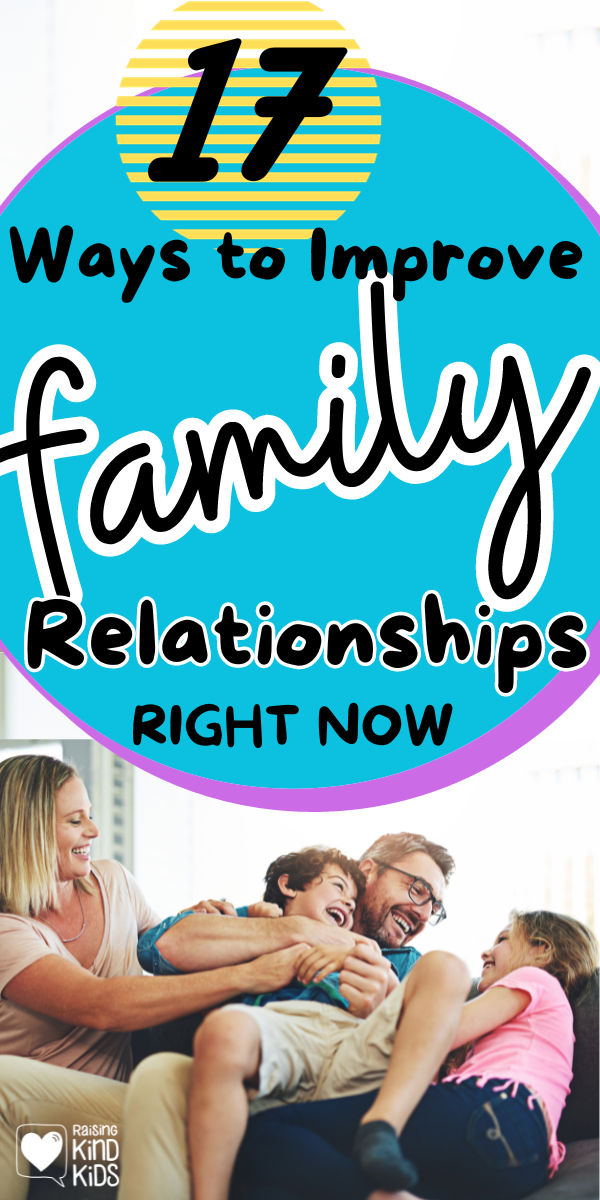
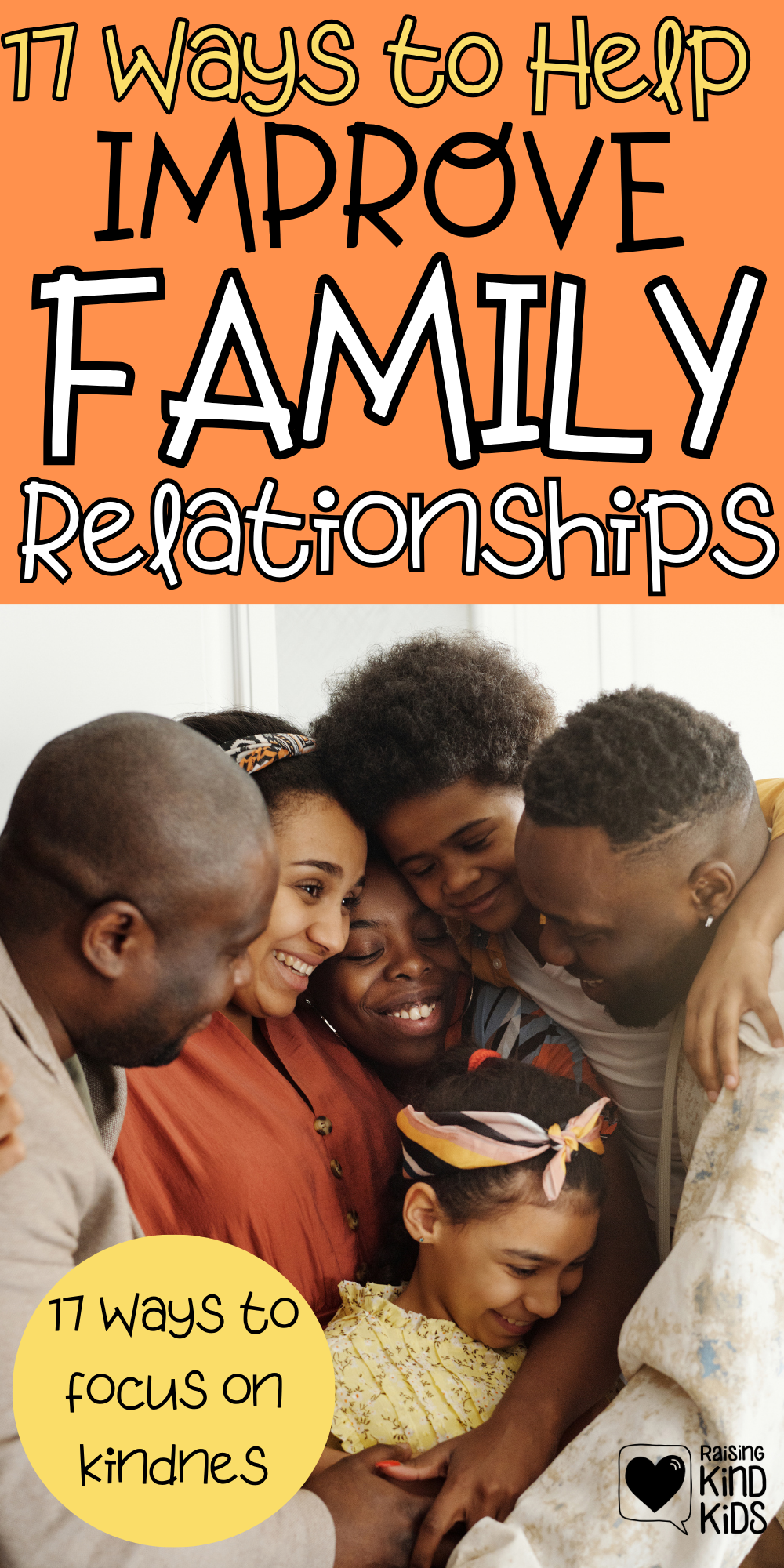
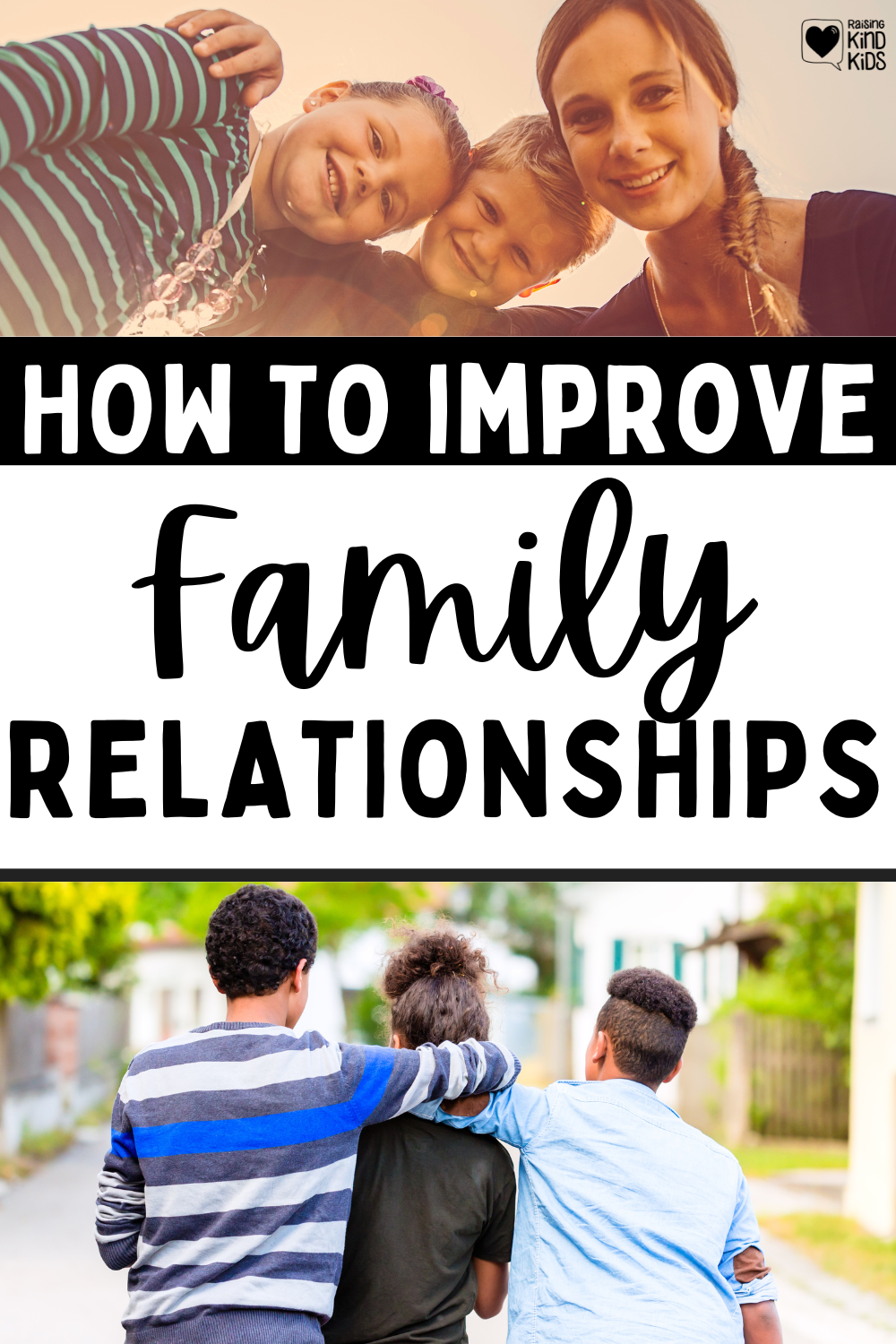
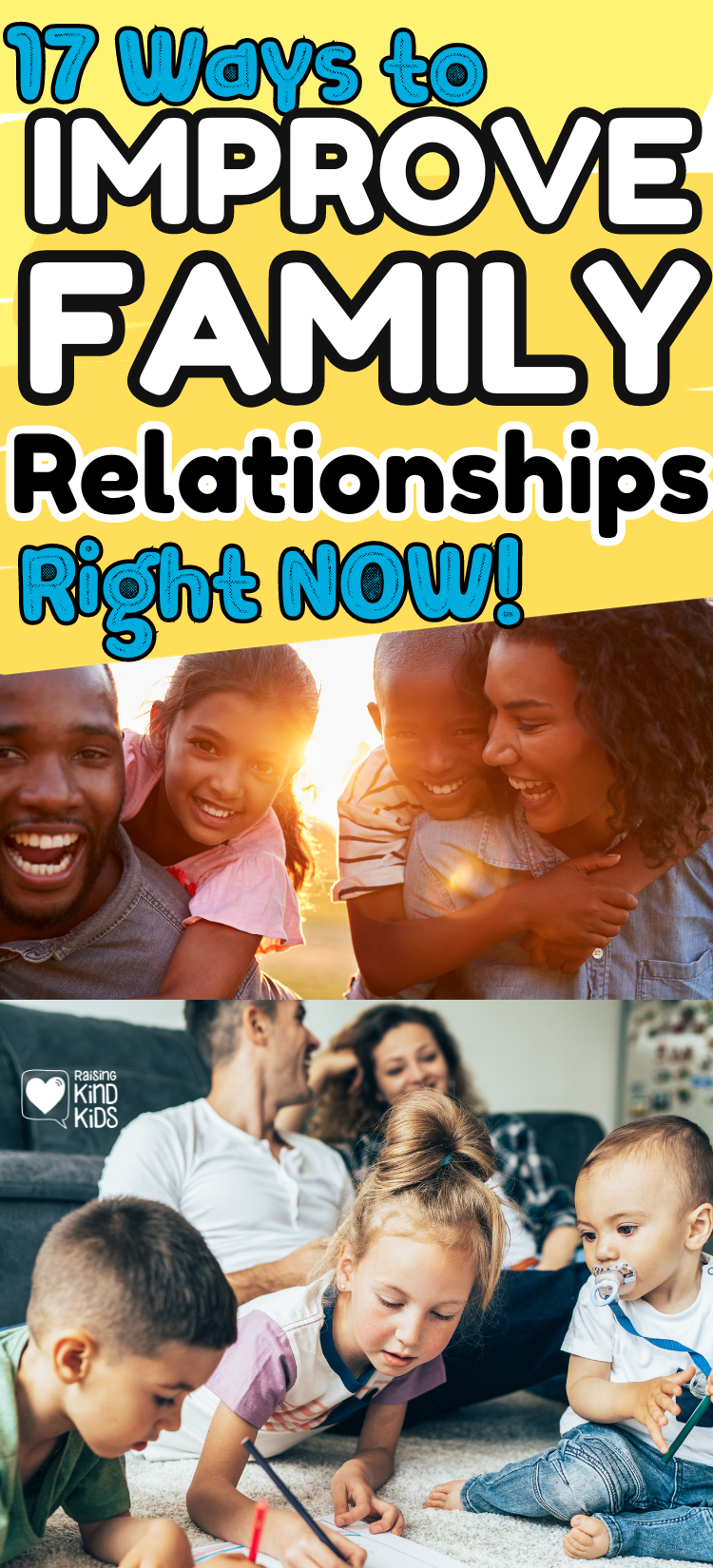
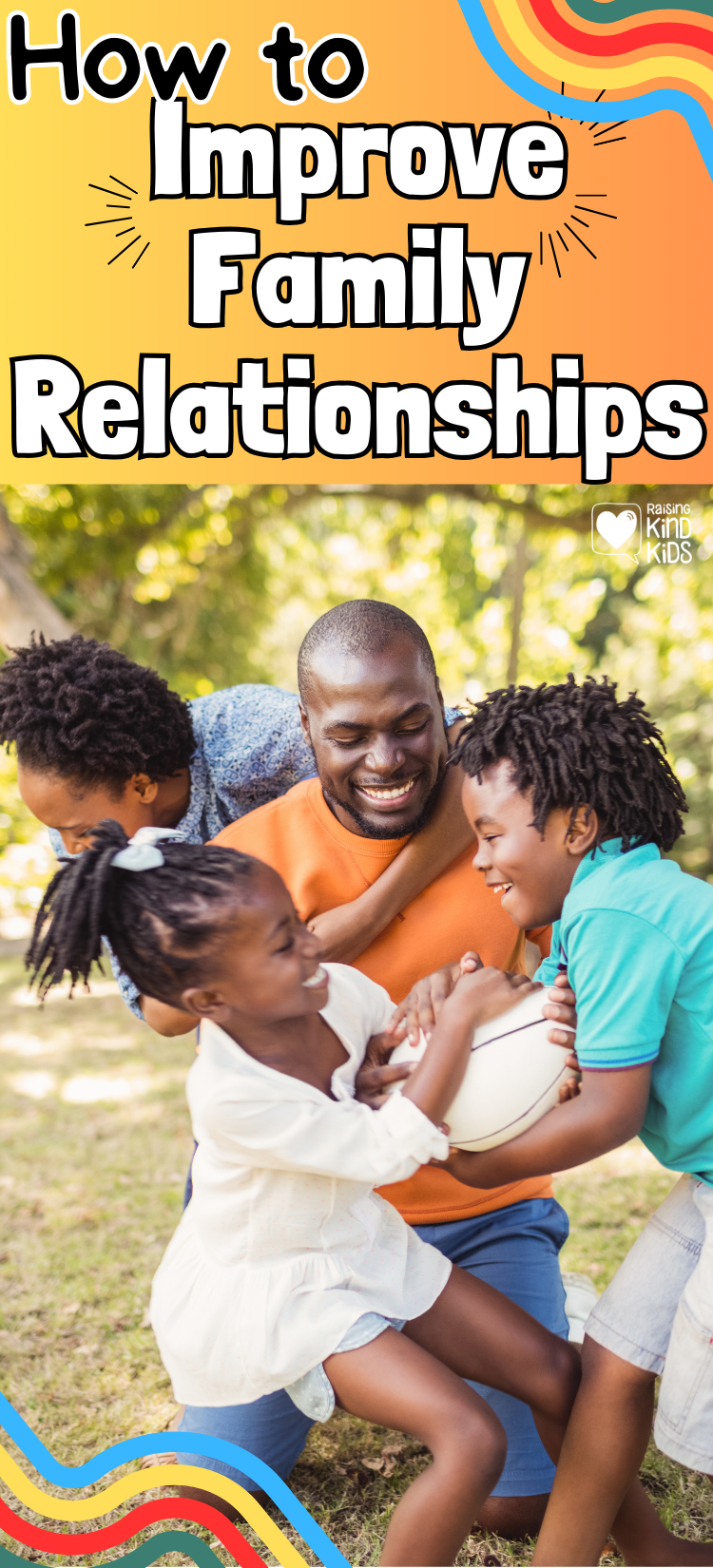
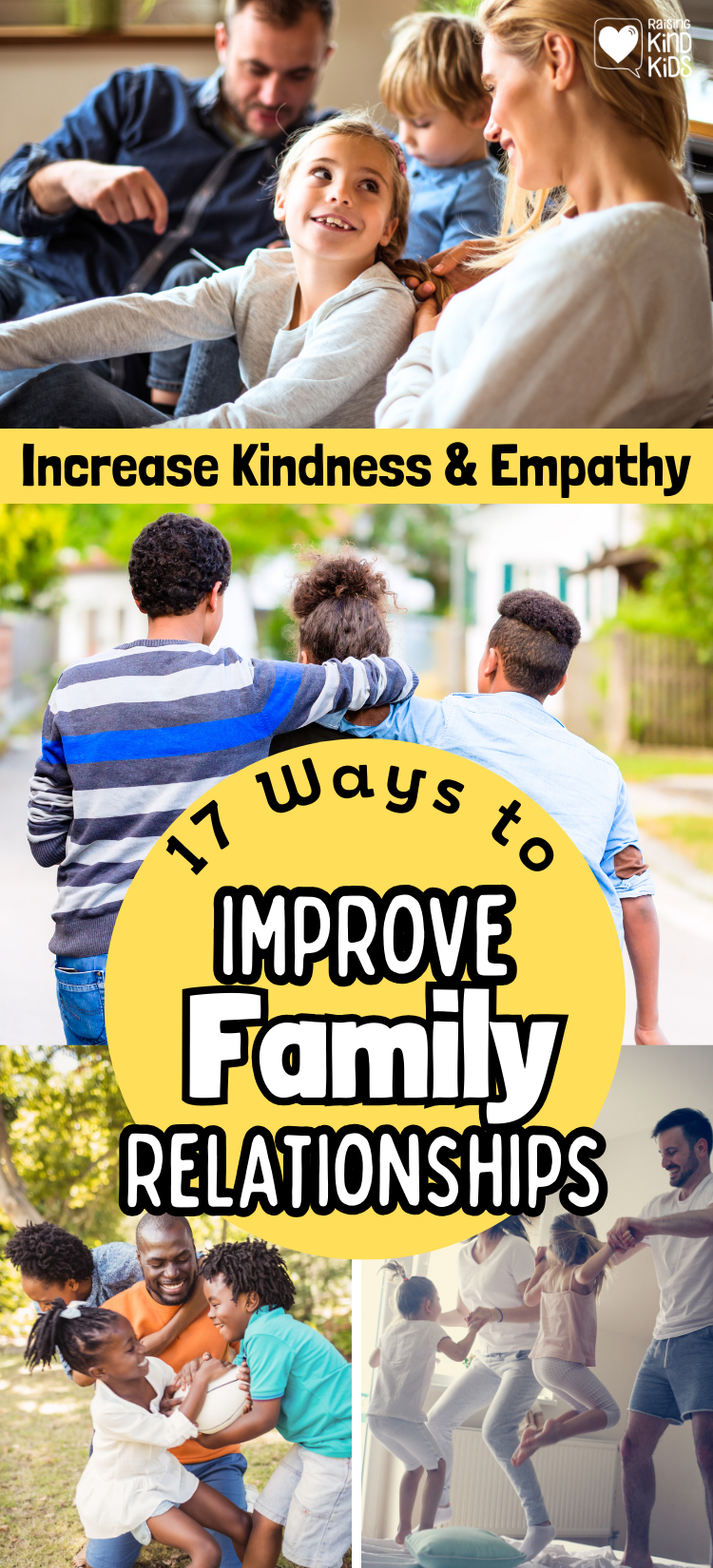
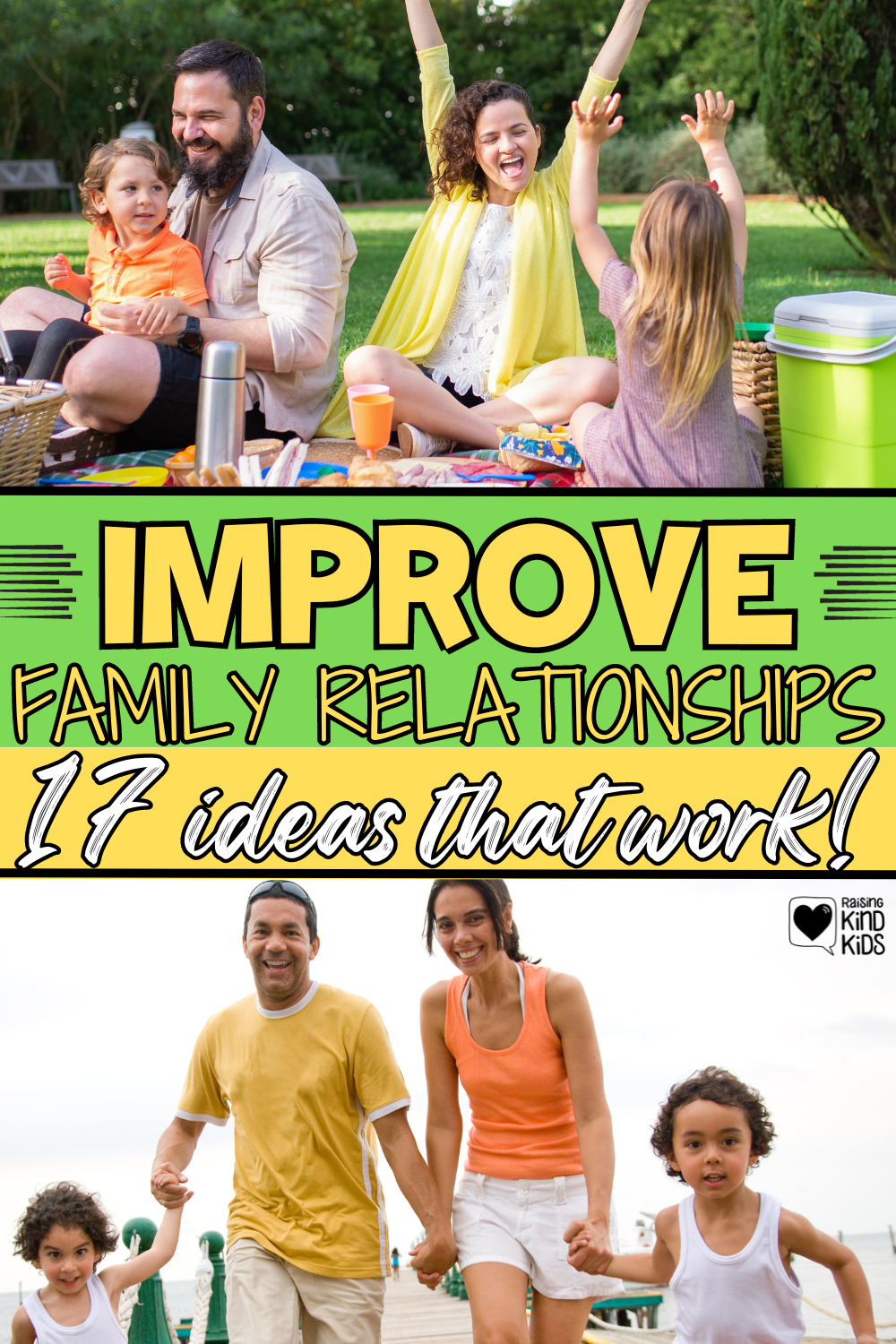
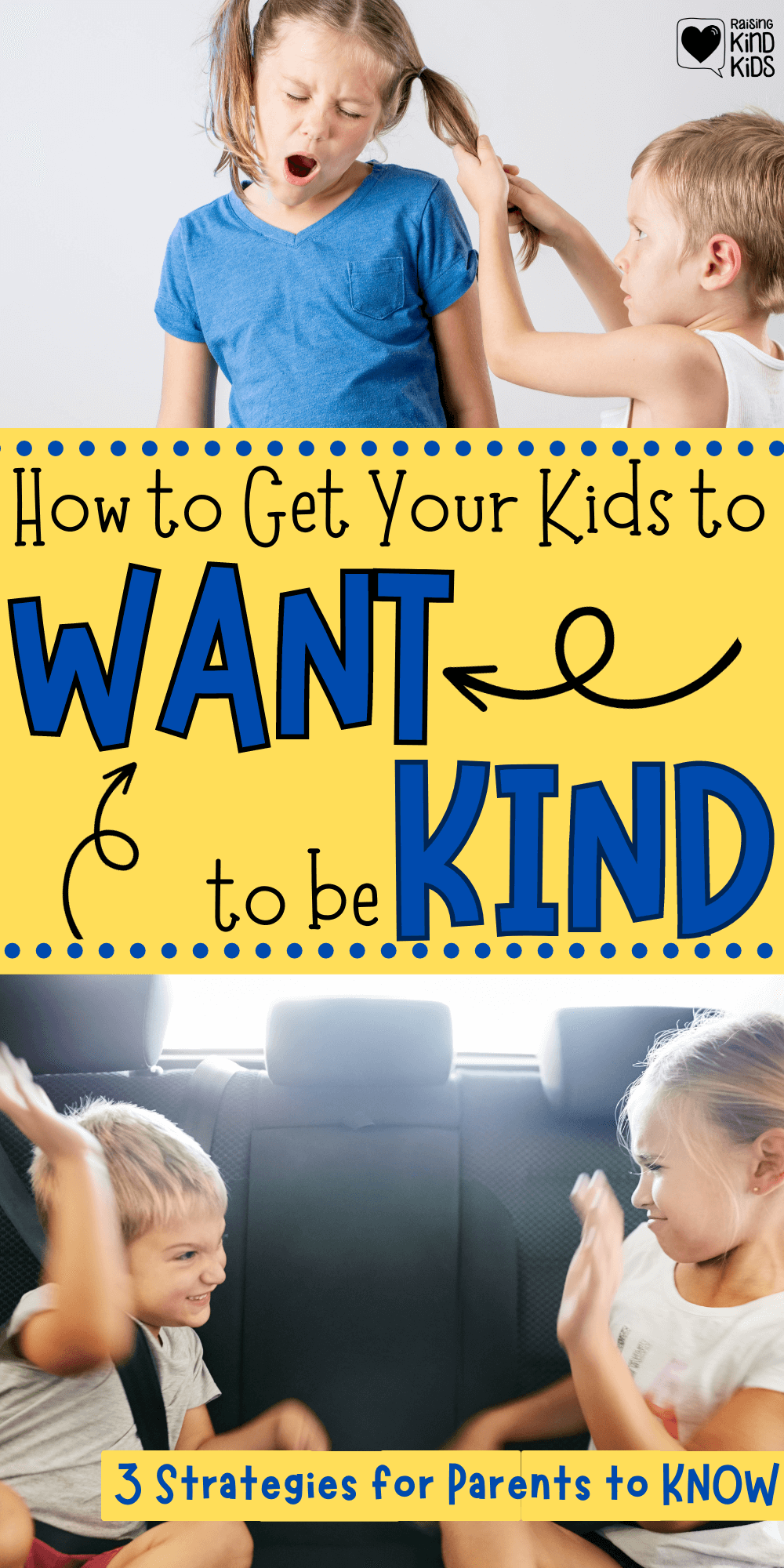
Leave a Reply